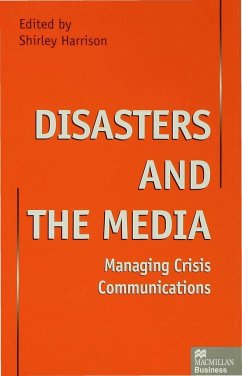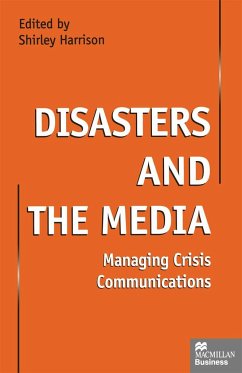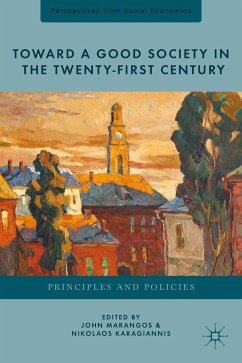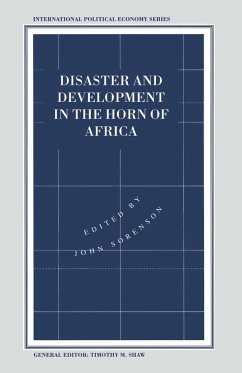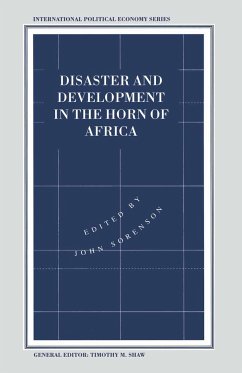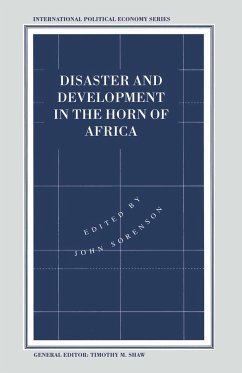
Living with Class
Philosophical Reflections on Identity and Material Culture
Herausgegeben: Scapp, R.; Seitz, B.
Versandkostenfrei!
Versandfertig in 6-10 Tagen
38,99 €
inkl. MwSt.

PAYBACK Punkte
19 °P sammeln!
A philosophical-cultural exploration, this book expands the discussion of "class" from a novel perspective. Following the current debates about wealth and class, the contributors address the social and cultural phenomena of class from a uniquely innovative philosophical approach and reconsider philosophical "givens" within the context of culture.






